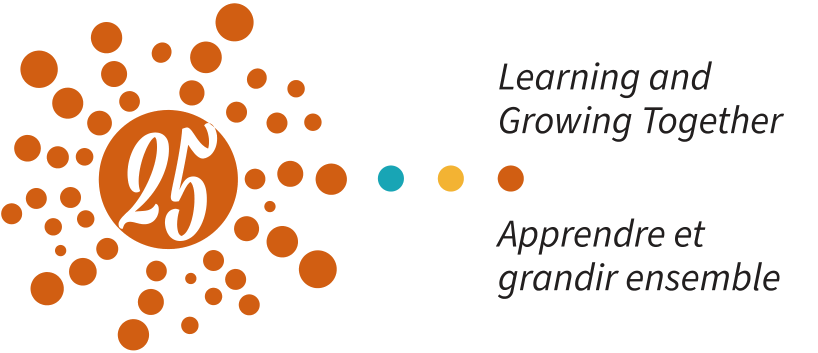National Day for Truth and Reconciliation
September 30 marks the third National Day for Truth and Reconciliation. This day is also known as Orange Shirt Day. Orange Shirt Day began 10 years ago in response to harm done 50 years ago.
 Orange Shirt Day or National Day for Truth and Reconciliation is meant to remember, honour and recognize the Indigenous children who were taken away from their families, homes and cultures to be placed in residential schools. There, children were forced to speak either French or English rather than their own tongues. They were deliberately kept away from their culture, families, and people in an attempt to assimilate them into settler culture.
Orange Shirt Day or National Day for Truth and Reconciliation is meant to remember, honour and recognize the Indigenous children who were taken away from their families, homes and cultures to be placed in residential schools. There, children were forced to speak either French or English rather than their own tongues. They were deliberately kept away from their culture, families, and people in an attempt to assimilate them into settler culture.
Many children spent years in these institutions. Far too many never saw their homes again. Far too many perished. Far too many were never seen again.
The orange shirt represents the experience of one survivor: Phyllis Webstad. Phylis was six when she was put in St. Joseph’s Mission Residential School in British Columbia. On her first day, her grandmother gave her new clothes to wear, including an orange shirt. When she arrived at her new school, they took away her clothes, including the new shirt. She never got them back.
“My feelings didn’t matter…no one cared and I felt like I was worth nothing. All of us little children were crying and no one cared.”
- Phyllis Webstad
The orange shirt represents the wider experience of so many Indigenous children brought into focus through the lens of one particular child. It is a symbol of individuality, self-expression and a young person’s ties to culture and family.
This September 30, wear orange to show your solidarity with the children who suffered and the families who were left behind, many of whom still don’t know where their kids went. Not looking away is a first step toward reparation and reconciliation.
A National Indian Residential School Crisis Line has been set up to provide support for former Residential School students and those affected. Emotional and crisis referral services are available by calling the 24-hour national crisis line at 1-866-925-4419.
Photo by Aedrian on Unsplash.com

